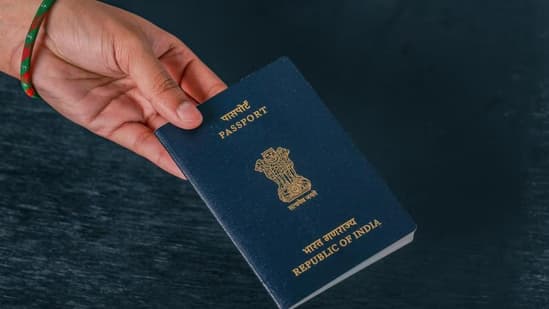India Launches Passport Seva 2.0 with Chip-Based E-Passports
Related Articles
Japanese Governors Launch Network With Indian States to Boost Industry, Education, Tourism Ties
A ceremony marking the establishment of the Japan-India Governors' Network for Friendship and Exchange took place at the Indian embassy in Tokyo on February...
Zimbabwe Cricket Team Stranded in Delhi After T20 World Cup Amid Airspace Restrictions, Players Safe
The return journey of the Zimbabwe national cricket team from India following the ICC Men's T20 World Cup has encountered unforeseen delays due to...
Supreme Court Warns Against AI-Generated Judgments, Says It May Amount to Misconduct
The Supreme Court has raised alarms regarding the implications of utilizing artificial intelligence to generate judgments in legal contexts. During a session on Monday,...


